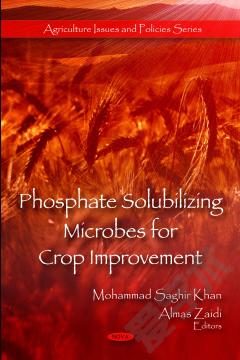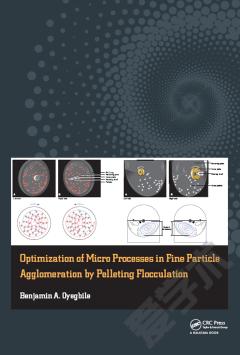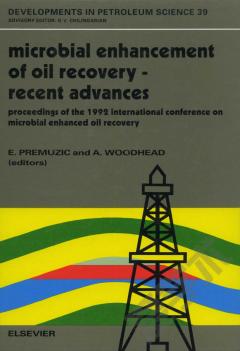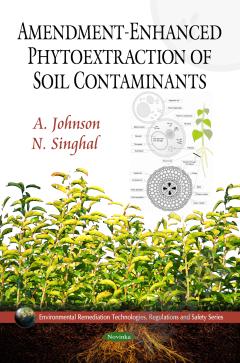Phosphate Solubilizing Microbes for Crop Improvement
'Phosphate Solubilizing Microbes for Crop Improvement' provides a comprehensive source of information on strategies and concepts of microbial technology especially phosphate-solubilising microbes for the improvement of crops in different agro-ecosystems. The book presents the biological importance of phosphorus and strategies adopted for isolation and screening of PSM (s), mechanisms of P solubilization, mechanisms of plant growth promotion, and method for the development of microphos. Furthermore, some novel approaches including molecular tools used to identify the potential phosphate-solubilising microbes are presented. The recent advances in understanding the genetics and molecular biology of phosphate-solubilizing bacteria and the genetic engineering of bacterial strains with enhanced phosphate-solubilizing activity are discussed that is likely to lead to improve the efficiency of microphos inoculants and crop productivity. The problems, prospect and potentials of phosphate-solubilising microbes and their impact on agronomically important crops grown in conventional soils are discussed separately. Special attention is paid to highlight the functional variations within phosphate-solubilising microbes and to understand the impact of various factors on the phosphate-solubilising efficiency and colonization of such naturally occurring organisms. The synergism between phosphate-solubilizing microbes and other plant growth promoting rhizobacteria/arbuscular mycorrhizal fungi and their interactive effect on crop productivity is highlighted separately. The book also presents a broad and updated view of the management of plant diseases using phosphate-solubilising microbes. The book further describes as to how the growth promoting rhizobacteria facilitate plant growth and how advanced information strategies can be used to manipulate and modify the soil environment.
{{comment.content}}








 京公网安备 11010802027623号
京公网安备 11010802027623号